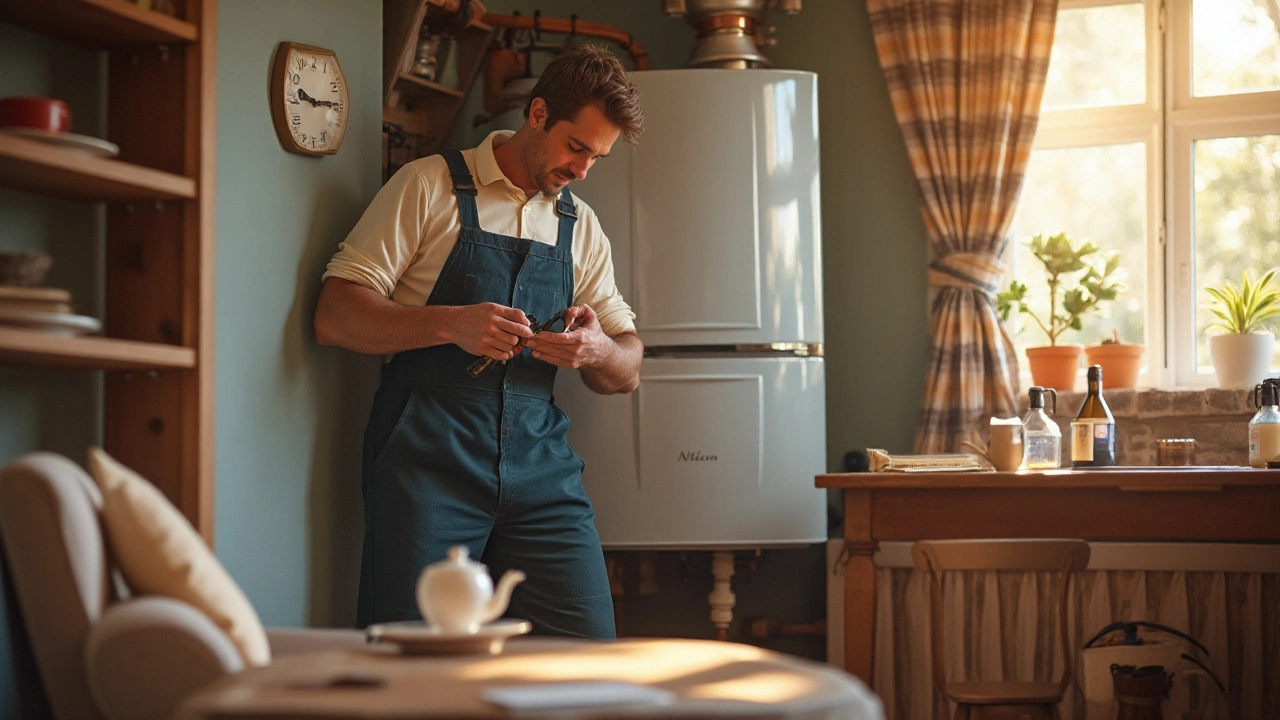Paying for Repairs – What You Need to Know About Appliance Service Costs
When your dishwasher starts leaking or the washing machine makes a weird clunk, the first thought is often “how much will this cost?”. Knowing the price range before you call a technician can save you stress and spare you from surprise charges.
Most repair bills in the UK fall into three parts: labour, parts, and call‑out fee. Labour is usually charged per hour and can range from £40 to £80 depending on the specialist’s experience and location. A simple fix like replacing a thermostat might take half an hour, while a full compressor replacement could run two to three hours.
What Affects the Price of Your Repair?
1. Appliance type and age – Older models often need hard‑to‑find parts, which drives up the parts cost. Newer appliances, especially those still under warranty, may be cheaper to fix.
2. Problem complexity – A clogged filter is a quick job, but a faulty heating element or electronic board takes more time and expertise.
3. Location – Technicians in London or the South East typically charge higher call‑out fees than those in rural areas.
4. Time of service – Emergency or out‑of‑hours calls can add a premium of 20‑30%.
How to Keep Your Repair Bill in Check
Ask for an upfront quote. A reputable company will give you a price estimate after a quick phone chat or a brief on‑site check. If they can’t, ask for a written estimate before any work begins.
Check if the parts are covered by a warranty. Many manufacturers offer a 12‑month guarantee on replacement parts, which can save you extra cost if the part fails again.
Compare at least three quotes. A quick phone call to local services usually yields a range of prices, and you’ll spot any outliers that seem too high or too low.
Consider a service plan. Some repair companies sell annual maintenance contracts that include a set number of call‑outs and discounted labour rates. If you own several appliances, a plan can work out cheaper in the long run.
Don’t ignore the small print. Look out for hidden fees like disposal charges for old parts or travel surcharges for hard‑to‑reach locations.
Finally, weigh repair versus replacement. A rule of thumb is: if the repair costs more than 50% of the price of a new appliance, it’s often smarter to replace. Factor in energy efficiency – a newer model might lower your electricity bill, offsetting the upfront cost.
Bottom line: knowing the typical price ranges, asking the right questions, and comparing quotes will help you avoid overpaying. With clear communication and a bit of research, you can get your appliances back in shape without breaking the bank.
Who is Responsible for Covering Boiler Maintenance Costs?
0 Comments
Boiler maintenance plays a crucial role in ensuring your heating system functions efficiently and safely. Understanding who is responsible for these costs can be complex due to various factors such as ownership, rental agreements, and warranty conditions. This article outlines the common scenarios in which homeowners, renters, or landlords may be expected to foot the bill for boiler maintenance. It also offers practical tips on negotiating responsibilities and highlights the importance of regular checks to prevent costly repairs.
Read More